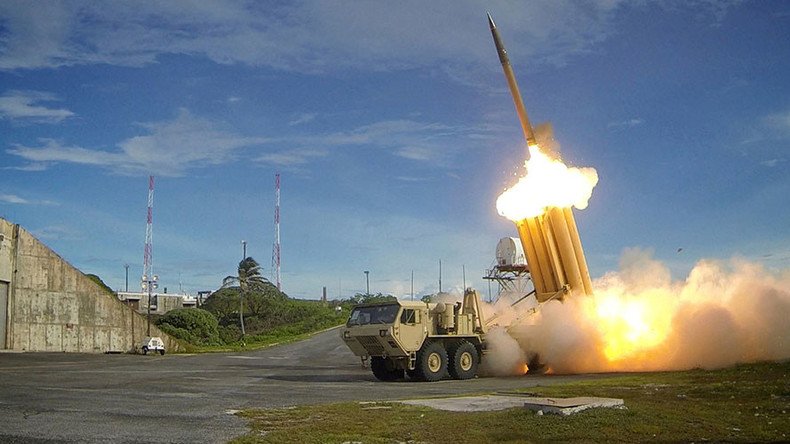Software issues create delay in Army missile command system

The US Army’s plans for a sleek new missile command system are falling behind after substantial software deficits threw them off schedule. These road bumps may jeopardize the Army’s goal of unveiling the system by 2019.
The Integrated Battle Command System (IBCS) is a necessary part of the Army’s goals for upgrading its missile command systems, but it is struggling to rectify some serious issues with their programming. Manufacturer Northrop Grumman has downplayed the bugs, telling Defense News they are “are well down the path to meeting all key performance parameters” and have made “significant progress in maturing the IBCS capability during 2016.”
While Northrop Grumman may remain upbeat about IBCS, the Pentagon’s director of Operational Test and Evaluation Office said that the system was found to be “neither mature nor stable, as evidenced in numerous software problem reports.”
House Armed Services chair says US needs missiles that can reach #Iran, N Korea https://t.co/XKepfuq7AWpic.twitter.com/mq9pawhpp4
— RT America (@RT_America) February 7, 2017
IBCS is meant to replace Raytheon’s Patriot, the current system that was also contracted to provide weapons engineering services to Germany, Israel, Japan, South Korea, Saudi Arabia, Kuwait, Netherlands, Qatar, Spain and Taiwan, according to Yahoo Finance. However, IBCS will connect all future battleground air and missile defensive systems.
This news follows recent missile tests by Iran that resulted on Monday in the House of Representatives Armed Services chairman calling for long-range missiles that could reach North Korea or Iran.












